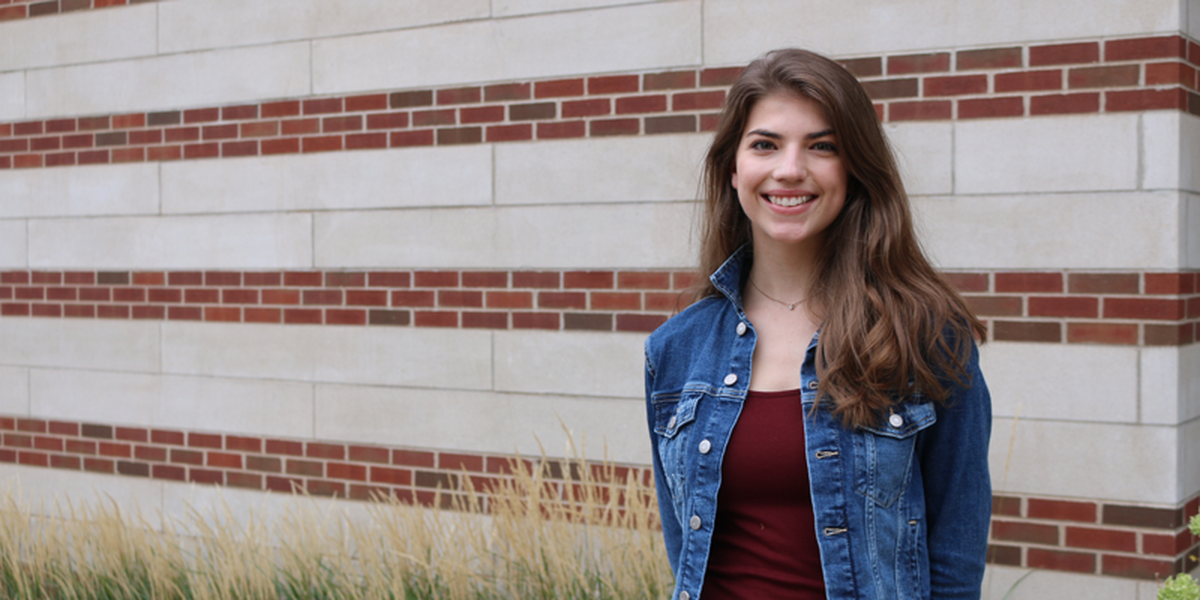
Year
Fourth Year
Hometown
South Elgin, IL
Major
Ecology, Evolution, and Behavior
Minors
Anthropology, Earth Sciences
What makes CBS special to you?
I am always amazed by the professors in CBS. They’re all leaders in their fields, distinguished scientists, and their passion for teaching is evident in every lecture. Yet somehow, they’re also some of the most down-to-earth people I’ve ever met. I always get great advice from them.
Outside of classes and study sessions, what keeps you busy?
I run a student organization called Scientific Research Communication where we learn about all of the different kinds of research happening on campus. I also work at the Bell Museum as a museum interpretive guide, sharing my passion for science with the public! Outside of school and work, I love to knit, cook and read.
What has surprised you about distanced learning?
There are some aspects of distanced learning that actually help me learn better! I find it super helpful to pause and re-watch portions of my asynchronous lectures. My notes are neater now that I’m not rushing to write everything down as it’s being said live.
During this challenging time, what is one thing that you are doing to support your mental/physical health? What’s your favorite way to connect with your peers?
I try to set aside separate times for work and for myself. Normally, I would do most of the studying and work on campus, so being home all the time was a big challenge at first because it was difficult to establish that work-life balance. I’ve found that scheduling weekly baking nights with my roommate and virtual game nights with my friends has really helped since I can rely on others to keep me accountable and step away from the homework once in a while.
Describe your independent research.
The UMinn Paleo Lab (led by Dr. Fox) has been a great fit for me because it is a really small, close-knit group. I love working one-on-one with Dr. Fox to design and carry out research projects. I joined his lab as a first-year student and the experience has been essential to my growth as a scientist.
I’m involved in two different research projects right now. In one project, I study how niche, or the role that individuals serve in their environment, of several species of silky pocket mice has evolved over the past 22,000 years.d Competition can drive species to seek out different niche spaces, so the set of resources and geographic areas they utilize can change over time. Silky pocket mice are a good system to study these interactions because we can combine data from their modern distributions as well as from their fossil record!
You studied abroad. Tell us about that experience.
I completed a four-week field course in Kenya with Dr. Kieran McNulty learning all about paleontology field techniques. It was really great because not only did I improve my technical expertise, but I also learned what it means to do community-based field work. When you’re working in remote areas, you really depend on working hand-in-hand with the local community. The best part about science is that it’s a universal language; we’re all curious about the natural world and we all have our own knowledge to share.